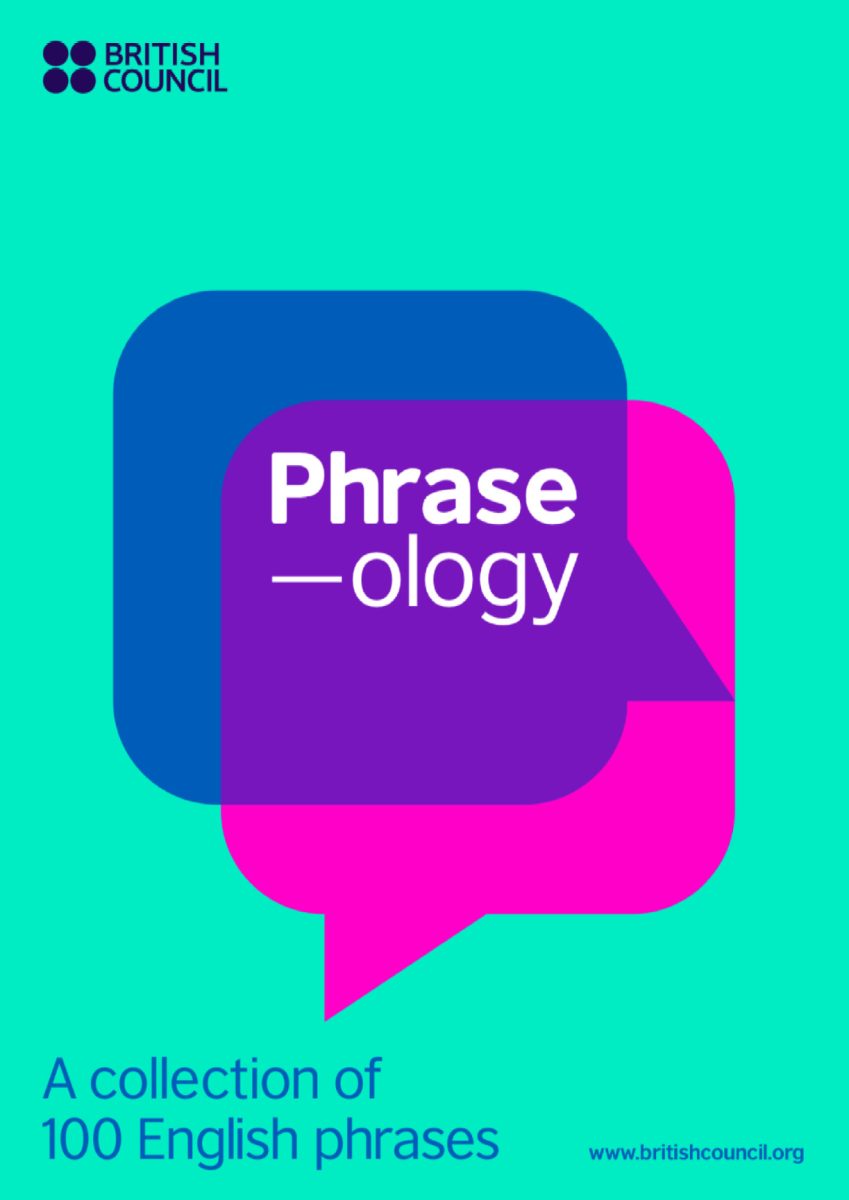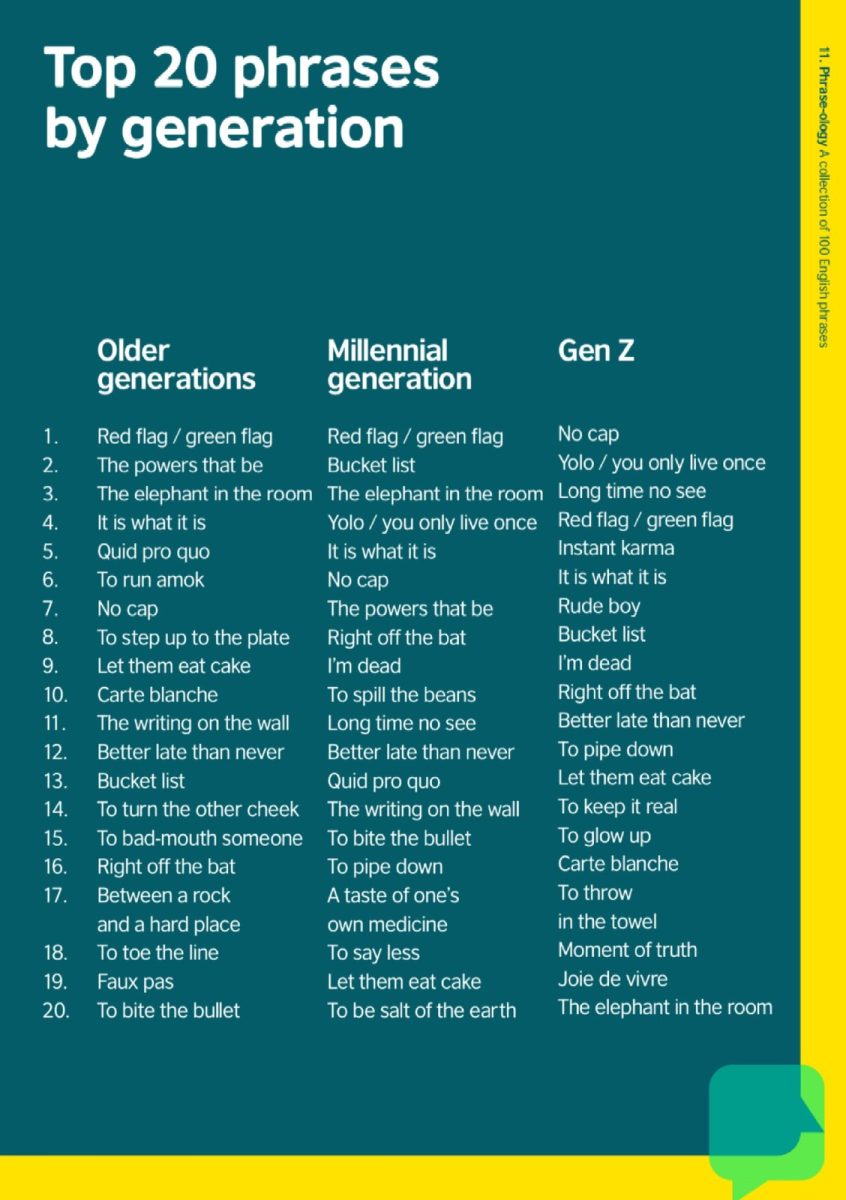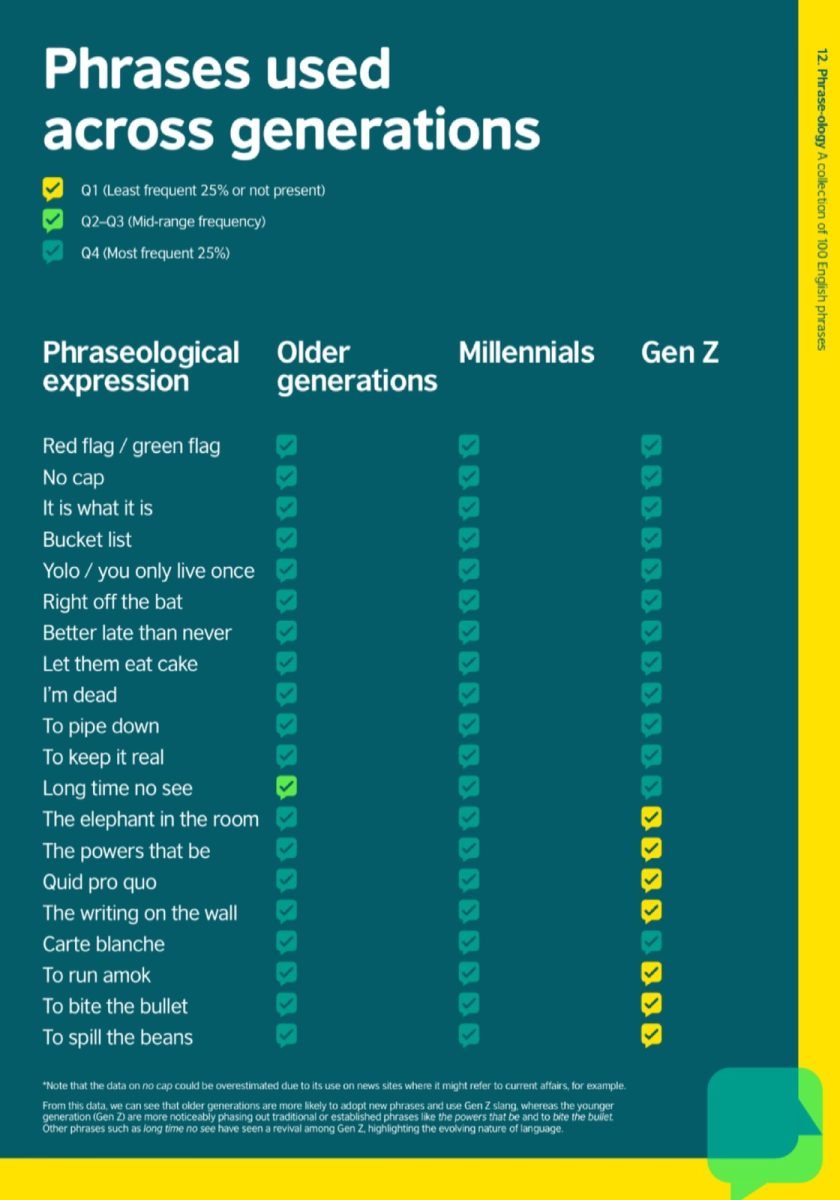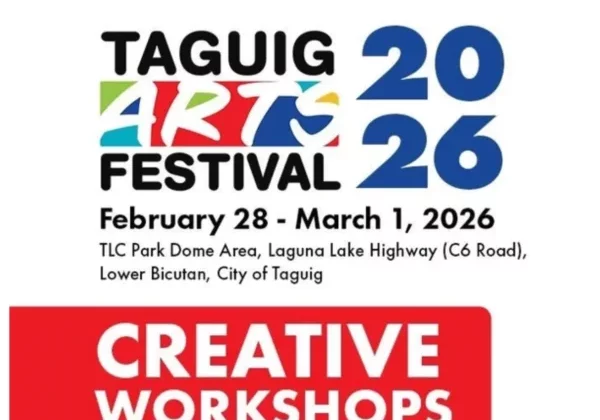From Spilling Beans to Spilling Tea: British Council unveilsthe history and evolution of 100 English phrases

SHARE
The British Council has launched a collection of 100 idioms, proverbs and phrases
that shed light on the evolution of English.
Launched to coincide with World English Day, Phrase-ology highlights how the language is
constantly evolving, shaped by global influences and pop culture, while preserving phrases
with origins that date as far back as Ancient Greece.

Led by computational linguistics expert Dr. Barbara McGillivray and Natural Language
Processing specialist Iacopo Ghinassi, the research analysed millions of online documents
to track the emergence and frequency of expressions, from “breaking the ice” to “ate and left
no crumbs” (meaning to do something flawlessly).
The British Council then curated a final list of 100 phrases with intriguing backgrounds.
Spilling Beans and Serving Tea – new phrases, familiar meanings
While classic idioms like “kill two birds with one stone” remain widely used, newer phrases
are gaining momentum. “Spill the beans” (first recorded in the early 1900s) saw a surge in
the 1990s, while “spill the tea” fuelled by social media.

All that glisters is not gold – phrases reinvented by pop culture
The digital age has given rise to new expressions like “let them cook” and “main character
energy”, but linguistic reinvention is nothing new. “All that glisters is not gold” dates to a
Middle English expression recorded in 1229, “Nis hit nower neh gold al þet ter schineð”,
more than 300 years before its modernisation in Shakespeare’s The Merchant of Venice.
Some phrases, like “bucket list”, emerged almost overnight—the almost universally
recognised term was virtually unknown before the 2007 film The Bucket List.

No Cap – Boomers, Millennials, and Gen Z still “keep it real”
The study examined how different generations use language online, analysing comments
across platforms with high interaction from specific age groups. While expressions like
“better late than never” and “pipe down” remain widespread across generations, modern
slang such as “glow up” is more common among millennials and Gen Z. Some phrases,
however, bridge generational divides—”keep it real”, popular since the 1960s, remains
widely used, while “YOLO”, although popularised by Drake in 2011, is also commonly used
across all platforms and likely reached older generations through the influence of social
media.
Long time no see – the forgotten global origins of English phrases
The research also looked at familiar English phrases with international origins. “Moment of
truth” is believed to come from the Spanish “hora de la verdad”, a bullfighting term. “Long
time no see” may have roots in Chinese Pidgin English or early 20th-century American
Western literature. “Chin chin”, now a drinking toast, derives from the Chinese “qǐng”
(meaning “please”). The study also highlights global linguistic parallels—like the Nigerian
phrase “to yarn dust”, which mirrors the English phrase “to talk rubbish” or “to spin a yarn”.
The collection categorises phrases into eight groups overall. They include:
- Global English – Borrowed from other languages and cultures (e.g., let the genie
out of the bottle, from Arabic). - Classic Evergreen – Long-standing phrases (e.g., raining cats and dogs, dating to
1661). - Generational – Popular in specific eras (e.g., instant karma, coined by John Lennon
in 1970, common in the 2000s). - Pop Culture – Popularised by media across the ages (e.g., let them cook).
- Sports – Derived from sports (e.g., straight off the bat).
- Gen Z – Recent expressions and slang (e.g., no cap).
- Language of Belief – Rooted in religion (e.g., turn the other cheek).
- Shakespeare – Originating from or popularised by his works (e.g., wearing one’s
heart on one’s sleeve, Othello). - Mark Walker, Director of English & Exams at the British Council, said: “This latest study
into the evolution of English explores the phrases we use to express shared ideas and
experiences – it shows how much English is shaped by people around the world and how it
continues to grow and adapt. By celebrating the richness of our language, we’re not just
looking at its past, but also at the future of English. Whether for work, study, travel,
relationships, or lifelong learning, as the global lingua franca, English is one of the key ways
that people connect and engage across cultures.” - Dr. Barbara McGillivray, leading expert in computational linguistics and digital
humanities said: “Working on this collection, we had the chance to explore the deep
historical roots of English expressions while applying modern computational techniques to
trace their evolution. Analysing the frequency and emergence of idioms, proverbs, and
phrases, we uncover not only the impact of historical events but also how the digital era
shapes the language we use today. This collection offers a unique perspective on how
English, as both a living and historical entity, continues to adapt and reflect the changing
world.”
*All Photos from British Council
RELATED ARTICLES

HUAWEI Mate 80 Pro and WATCH GT Runner 2 Coming to the Philippines in April

Fine Dining at The Peninsula Shanghai










